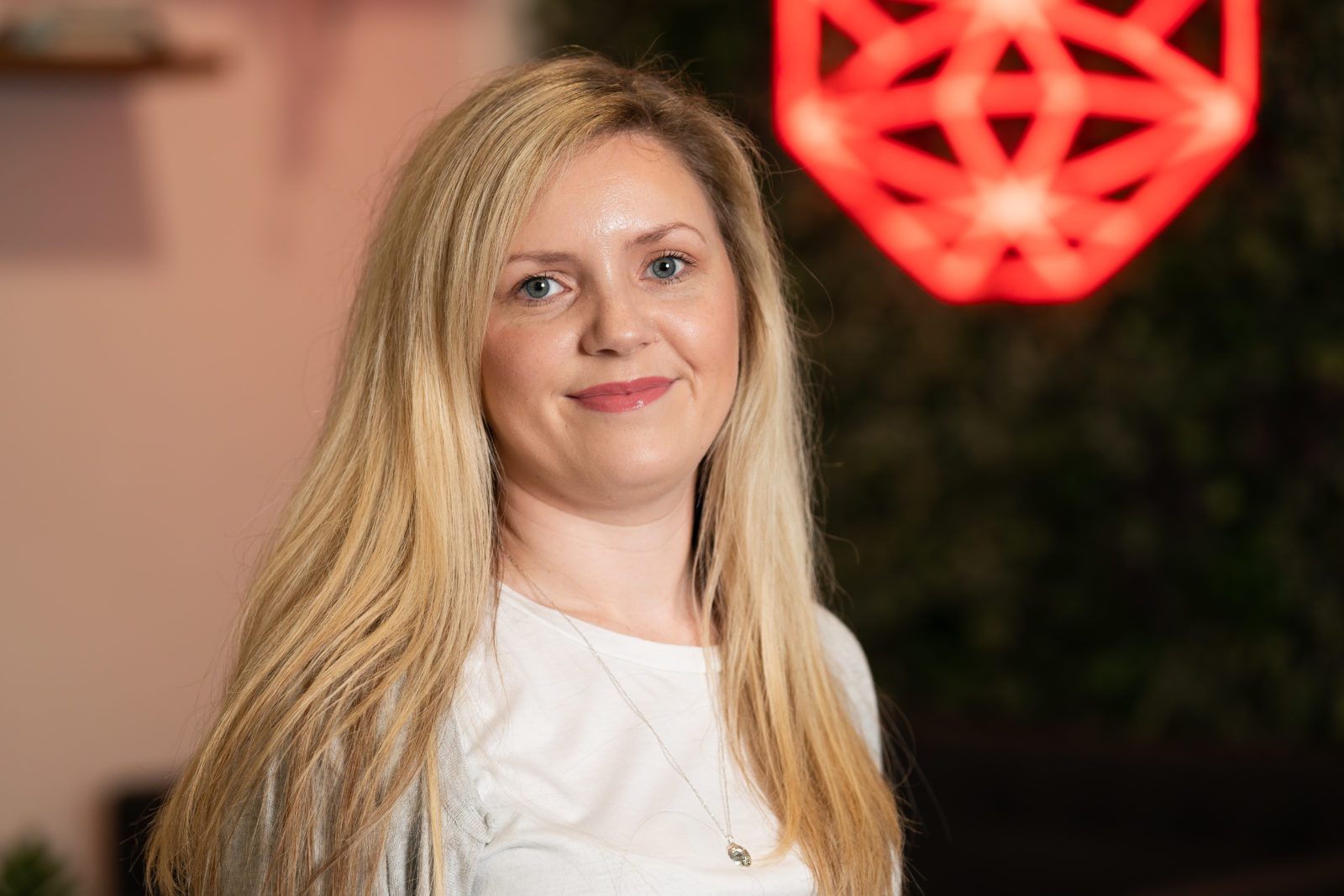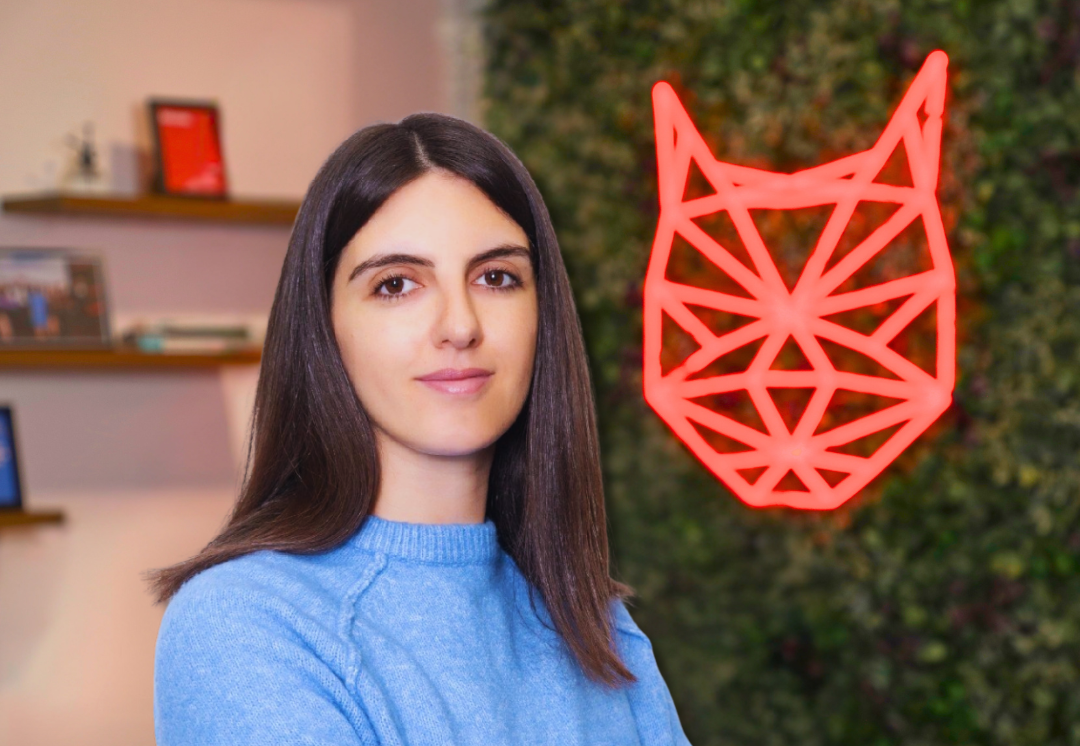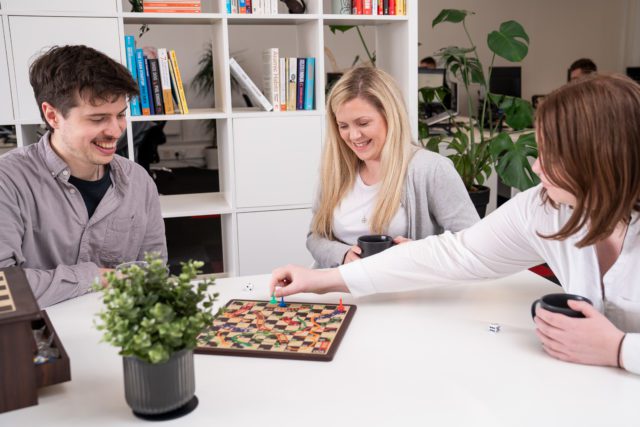If you’re interested in improving SEO on your website, you may have come across the term “duplicate content”, but do you know what it actually means and how it can impact how your web pages appear in search results? In this article, Wildcat Digital demystifies duplicate content for SEO and offers a few simple solutions that could help you to avoid any negative repercussions.
So, why is duplicate content bad for SEO? Whilst there aren’t official penalties for duplicate content, it can result in negative SEO repercussions. Duplications confuse the algorithm – it doesn’t know which instance of the same content is the most relevant for a given search query and may result in decreased rankings, traffic and conversions.
Read on to learn more about duplicate content, how it impacts SEO, if Google penalises duplicate content, and how you can fix it.
Duplicate content is exactly what it sounds like – content that appears on the internet more than once; either on the same domain, a subdomain, or across the internet as a whole. From a user perspective, duplicate content is repetitive and may not be overly useful, but from an SEO perspective, it can cause ranking issues as “appreciably similar” content can make it difficult for Google to decide which version is more relevant for a given search query.
As such, site owners may experience a drop in rankings and traffic, which stems from three main problems:
Learn more about Google ranking factors in our recent blog where we discuss an array of factors that have the potential to impact SEO, both positively and negatively.
Now we know why duplicate content is bad for SEO, it’s time to learn more about the different types of duplicate content. Some are more obvious and easy to spot than others, but it’s important to check for them regardless (or have our SEO experts check for you!).
Scraped and copied content is blatant plagiarism. Sometimes small chunks of text are copied, whilst other times, entire pages (or even multiple pages) are scraped. Plagiarism is, of course, bad on a legal and moral level, but it’s also bad for both SEO and user experience, as explained above.
Similarly, using unsourced quotes, facts and figures is plagiarism and, depending on how it is presented, may be considered duplicate content. If using such content, always clearly source your material and endeavour to rewrite the text in your own words where possible.
URL variations, such as parameters, tracking and analytics codes, as well as session IDs and printer-friendly versions of webpages all have the potential to cause duplicate content issues as they can construct URLs that are almost identical.
Often, this is caused by misunderstanding what a URL actually is, both by yourself (or whoever works on your site), or from the developer who doesn’t prioritise SEO – they quite literally speak a different language!
If a website has separate versions of webpages (www.page.com vs page.com – with and without the www. prefix), with the same content, these are effectively duplicate pages and therefore duplicate content.
The same applies to sites that use both http:// and https://. For reference, http:// is the same as https:// with the only difference being that https:// includes encryption and verification, making the page more secure and ideal for eCommerce sites or sites that capture personal information.
It is thought that major search engines haven’t actually determined what duplicate content is, or by how much a page is duplicated (which only adds to the list of problems we outlined earlier). However, SEO experts across the industry have attempted to put a figure to this – they prefer content to be at least 30% different from other copy to be determined as not duplicated.
A simple Google search for “duplicate content checker” or “keyword density tool” should provide you with a quick and easy way to ensure that your content isn’t duplicated.
Strictly speaking, Google doesn’t penalise sites for duplicate content – you won’t see a notification in Google Search Console telling you that you have been penalised for duplication. Even Google stresses that there is no such thing as a duplicate content penalty.
However, that isn’t to say that there aren’t negative repercussions associated with duplicate content. As we mentioned earlier, duplicate content confuses the algorithm and forces it to decide which iteration of the same content to rank – often the wrong, or plagiarised, version.
In theory, once you’ve found duplicate content it’s easy to fix – you just need to make the content unique, right? In reality, it can be more complicated than it looks and, if you’re completely new to the world of SEO, it may be beneficial to enlist the help of experienced SEO Professionals like our team at Wildcat Digital.
If you’ve checked your site for duplicate content (excluding URLs), and found instances of duplication, it is relatively simple to fix this. You just need to rewrite your content. This may take time and effort, but having unique content that is directly relevant to your business on your site is not only useful for SEO, but for user experience and for encouraging conversions.
Fixing duplicate URLs is a bit more difficult and requires canonicalisation – specifying which duplication is the master version and should appear in search results.
301 redirects are often the best way to fix URL duplication – they literally redirect the duplicated page to the one that you want to appear in search results. This stops the duplicate pages from competing with each other and also creates a stronger relevancy and popularity signal that will positively impact the master page.
Rel=”Canonical” tags effectively tells search engines to actually treat a page as duplicate content, but to attribute any value from links, content, metrics and “ranking power” to the specified URL.
No index tags work by telling search engine crawlers to exclude the page from indexing, therefore ensuring that the page cannot appear on search engines and cannot compete with the master page. No indexing is particularly useful in cases of pagination.
In cases of WWW. vs page.com or HTTP:// vs HTTPS://, Google Search Console allows you to set your preferred domain and specify whether or not the Googlebot should crawl your site’s various parameters differently, thus easily managing potential duplication issues.
However, if you choose this as your primary fix for duplication, be aware that it will only work for Google and will not have any effect on other search engines.
If after reading through this article, you’re still unsure about how to deal with duplicate content for SEO on your site, get in touch with the Content SEO experts at Wildcat Digital today. As part of your SEO campaign with us, we’ll audit your site for such issues as duplicate content and work to provide a fix quickly and easily with no hassle on your side.
We’ll also perform a number of other audits on your website to see how it currently performs and to identify any high-priority tasks that could have a quick, positive impact on your Google rankings.
Learn more about our SEO services today, or get in touch with us to arrange a free consultation to see what we can do for you.

Founder
Our founder, Will Hitchmough, worked at a number of high profile Sheffield Digital Agencies before founding Wildcat Digital in 2018. He brings an extensive knowledge of all things related to SEO, PPC and Paid Social, as well as an expert knowledge of digital strategy.
Digital Marketing can be a minefield for many businesses, with many agencies ready to take your money without knowing how to deliver results. I founded Wildcat Digital to deliver digital success to businesses with smaller budgets in a transparent way.

Head of Growth
Rich joined us in May 2024 to head up our growth team. With years of experience helping other agencies to grow, Rich joins us at an exciting time as Wildcat is working on a five-year plan to become one of the biggest agencies in the UK.
Outside of work, Rich is a father to three children, which keeps him very busy! He’s also recently started running again to keep fit and loves a bit of DIY.

Head of Digital
Sarah joined Wildcat in January 2025, bringing over seven years of SEO expertise to the team. With a background in Fashion Communication and Promotion, she has worked both in-house and at agencies, covering a range of digital marketing specialisms before focusing on SEO.
Passionate about all things search, Sarah thrives on helping brands grow their online presence.
Outside of work, she enjoys walking her dog, running, and shopping for vintage clothing.

Office Manager
Amelia joined Wildcat Digital in January 2025, bringing extensive experience in HR, Health & Safety, Facilities Management and IT Support. Previously an Operations Manager at The University of Sheffield, she has a strong background in creating efficient and well-organized work environments.
Specialising in HR, Health & Safety, and Facilities Management, Amelia ensures the Wildcat Digital team has the resources and support needed to thrive. Whether managing office operations, maintaining compliance, or fostering a positive workplace culture, she keeps everything running smoothly.
Outside of work, Amelia loves trying new things, traveling, camping, and walking. She also enjoys socialising and exploring new places with friends and family. Her adventurous spirit and proactive approach make her a valued member of the team.

Client Success Coordinator
Siena joined us in 2023 with a background in sales and digital marketing. She leads on client relationships across the company, ensuring that our customers are happy throughout their journey with us, from their initial consultation through to onboarding and beyond.
Outside of work, Siena enjoys travelling and getting stuck into the local culture. She likes to make the most of her experiences and particularly enjoys watching sunrises and sunsets from beautiful locations around the world.

SEO Account Director
Paul has a strong background in SEO, having previously founded and ran a successful eCommerce business, as well as running a personal blog that achieves an average of 17K users per month. Paul’s knowledge of SEO is extensive, with a strong emphasis on client handling and technical SEO.
Outside of work, Paul enjoys spending time with his family and staying active with weight lifting and combat sports.

Team Lead & Technical SEO Account Manager
With a degree in Computer Science and SEO experience dating back to 2017, Dariusz has a wide range of SEO skills and knowledge. His specialist knowledge of Technical SEO has firmly landed him the title of Wildcat’s Technical Wizard, and he has recently taken on the responsibility of Team Leader for the Panthers Team.
In his spare time, Dariusz loves hiking, experimenting and trying new coffees and loves learning new things. He is currently learning more about CRO and AI and how this could benefit our clients.

Team Lead & Senior SEO Account Manager
With a background in sales, Molly is a natural Account Manager, brilliantly handling any issues that come her way. Having joined us as a Digital Marketing Executive, and working part-time through her final year of University, Molly is a shining example of how hard work pays off. She is now an SEO Account Manager with a particular interest in Content and Client Management.
In her spare time, Molly loves to get out in nature, hiking and exploring the Peak District. She also loves cooking and likes to unwind with a bit of yoga.

PPC Team Leader
Libby joined Wildcat in 2021 as our first PPC hire. With a degree in Digital Media Production, a Master’s in Digital Media Management and previous experience in Social Media Management, Libby hit the ground running and has since climbed the ranks to Senior PPC Account Manager and has a particular interest in the eCommerce sector.
Outside of work, Libby likes gaming, and cooking and likes to keep active by lifting weights.

Senior SEO Account Manager
With a degree in Film and TV production, and a varied career history, Jamie made the move to marketing with a Masters degree in Digital Media Management. He has since worked in SEO at Agencies across Sheffield, before joining Wildcat and working his way up to SEO Account Manager. Jamie has a particular interest in backlinks and Digital PR and has recently gained a client a valuable backlink from Forbes!
In his spare time, Jamie is an avid foodie and loves trying new restaurants and cuisines. He also loves to travel and spent a year travelling to Australia after university.

SEO Account Manager
Jasmine joined Wildcat in 2022 with a strong background in SEO and Account Management. At the time, she was finishing up a Level 4 Apprenticeship in Digital Marketing from the Chartered Institute of Marketing, and has since worked her way up to SEO Account Manager. Jasmine excels at content writing and promotion, and particularly enjoys finding creative ways to join the dots on multi-channel campaigns.
In her spare time, Jasmine volunteers at a charity, helping combat loneliness & social isolation experienced by older neighbours. Outside of Wildcat, she owns a catering company, Savery Grazing, creating delicious grazing tables & platters for a range of events. She also loves skiing and exploring the Peak District.

SEO Account Manager
Thea has a wealth of experience in SEO, having previously worked for other Digital Marketing Agencies in Sheffield. She has a particular interest and skills in Technical SEO, but is more than willing to get stuck in and give anything a go.
Outside of work, Thea spends most of her time with her children, but also loves reading, photography and gardening.

PPC Account Manager
Masilda joined the Wildcat team in October 2024 with over seven years of experience in digital marketing. She specialises in Google Ads, but is also certified in Google Analytics, YouTube Ads, Google Ads for Ecommerce and Apple Search Ads. She has extensive expertise in performance marketing, display advertising, online lead generation and market planning.
In her free time, Masilda likes staying active, cooking, trying new restaurants and exploring new places.

Senior SEO Executive
After spending ten years managing businesses, restaurants, cafes and event spaces across Sheffield, Jon decided to change careers and joined Wildcat as an SEO Executive in 2022. He especially enjoys the client management side of the job, helping them to understand digital marketing and ways in which they can build their business’s presence online.
Outside of work, Jon likes to keep fit with running, badminton and football, and also loves music.

Senior SEO Executive
Andy joined Wildcat in 2023 after starting his digital marketing career in-house for a local Sheffield company. Since joining, he has developed a strong interest in Technical SEO and has strong skills in Account Management.
Outside of work, Andy loves music and plays in a couple of bands. He also enjoys rock climbing, cycling, photography and good food.

Senior SEO Executive
Kezia joined us in July 2024 after completing a CIM Certificate in Digital Marketing and gaining experience in Content SEO at another Sheffield agency.
In her spare time, Kezia loves to get outdoors, bouldering, hiking and travelling.

Senior PPC Executive
Alex joined Wildcat Digital in December 2024 as a Senior PPC Executive, bringing a strong background in Paid Media, Paid Social, and Programmatic advertising. With a degree in Business & Marketing and Google Ads certifications, she has the expertise to craft high-performing campaigns that drive results.
Before joining Wildcat Digital, Alex worked at two leading agencies in Leeds, honing her skills across various digital advertising platforms. Her analytical mindset and strategic approach help businesses maximize their online presence and advertising budgets.
Outside of work, Alex enjoys spending time with her dog, Lola, and going on walks with her dog walking group. She’s also a keen footballer and loves playing five-a-side whenever she gets the chance. Her enthusiasm and team spirit make him a great addition to the Wildcat Digital team.

SEO Executive
Amy joined Wildcat in 2024 with a background in journalism, having worked as a News Editor and Editor-in-Chief at The Sheffield Tab. She is naturally interested in Content SEO and research, so will no doubt prove to be a content power-house.
In her spare time, Amy loves watching crime shows, listening to music and hanging out with her dog, Eddie!

June 30, 2025
Welcome to June’s digital marketing news roundup. There’s been major changes in both PPC and SEO, especially regarding AI. We’ll…
May 30, 2025
If you’ve ever tried searching for a local business or service, the chances are you’ve come across a Google map…

May 20, 2025
Welcome to this month’s digital marketing news roundup! As ever the digital landscape continues to transform at lightning speed, so…